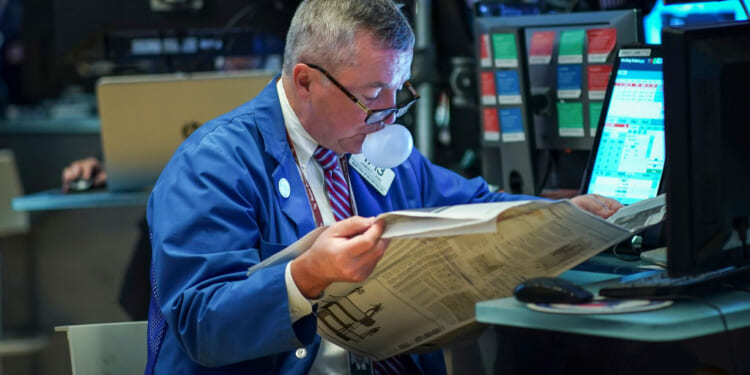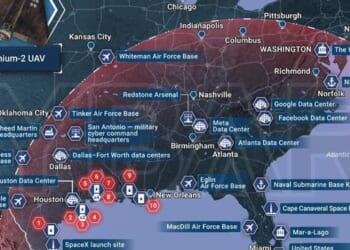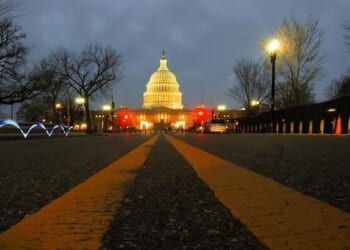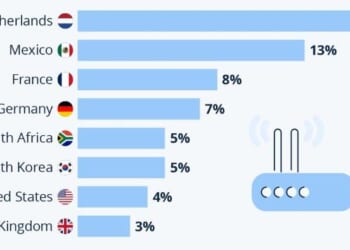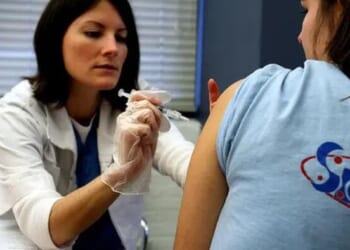Jamie Dimon, the CEO of JP Morgan Chase, was at the helm during the 2008 global financial collapse.
The world lauds Dimon for successfully steering JP Morgan through that crisis. I’m a little less laudatory.
It’s easy to swim the rapids when you have a healthy share of $29 trillion in government bailout money serving as giant floaties keeping your head above water. But Dimon did seem to see what was coming in 2008. And he tightened and adjusted what JP Morgan was doing to reflect that foresight. So, some kudos for that. I guess.
Except then Dimon did this:
“After the financial crisis, JPMorgan Chase & Co. faced significant challenges, leading to a dramatic increase in executive bonuses. The bank’s total compensation for its 222,315 employees rose to $26.9 billion, with a sharp increase in bonuses paid throughout the bank. The announced bonuses sparked outrage among critics who described the figures as ‘obscene.’”
Obscene doesn’t begin to cover it.
My “meh” perspective on Dimon is why I didn’t immediately respond a fortnight ago when he made headlines with his “cockroaches” commentary:
“Dimon spoke on the bank’s quarterly earnings call on Tuesday and acknowledged that the firm had to take a $170 million write-off in the third quarter related to the bankruptcy of subprime auto lender and dealership Tricolor.
“He also pointed to the bankruptcy of auto parts maker First Brands as suggesting there could be some other credit problems looming in the economy.
“‘When you see one cockroach, there are probably more, and so everyone should be forewarned of this one,’ Dimon said. ‘First Brands, I’d put in the same category, and there are a couple of other ones out that I’ve seen put in similar categories.’”
I’ll ignore the fact Dimon undercut his own analogy – pointing out two cockroaches (Tricolor and First Brands) while saying one probably means more.
I’ll ignore the fact that the highly praised Dimon was just burned by the same type of loans (subprime) that crashed the economy in 2008:
“Dimon said that JPMorgan is reviewing its controls after the Tricolor bankruptcy and said the $170 million loss is ‘not our finest moment.’”
You don’t say, Jamie. Your cockroach detector seems to be defective. Sage Dimon yet again recently garnered “prescience” headlines with this bold prediction:
“JPMorgan Chase CEO Jamie Dimon warned in an interview that the stock market could be in line for a significant correction within the next few years amid heightened uncertainty. Dimon told the BBC that there is an elevated risk of a stock market correction in the next six months to two years, saying, ‘I am far more worried about that than others.’”
Well, not all others. Pleased to meet you, Mr. Dimon. I will now again, most humbly, point out that I’ve been predicting the looming collapse for decades:
“My high school senior year (class of 1989) history teacher asked us what we thought was the single largest problem facing the United States.
“I said the federal government’s debt. Not just because I think debt of any kind is bad. I said it because everyone in DC was pretending the deficit spending adding to the debt wasn’t a problem. And because no one in the United States was holding DC accountable for this titanic idiocy.
“Almost forty years later? NOTHING has changed. Well, except for the problem is now orders-of-magnitude worse. Which is exactly what happens when you ignore a problem – it gets worse.”
We don’t have a Mr. Potato Head economy, where government borrowing and spending happens separate and apart from the rest of the economy.
It’s all ultimately just one giant pile of money, which the government can corruptly expand whenever it wants. Because that doesn’t cause any problems either, does it?
The more money the government borrows, the less there is for us to borrow for endeavors like starting businesses and buying homes.
As the government consumes more of our money, elites are not affected but average Americans certainly are.
This perpetual government idiocy long ago helped transmogrify our allegedly capitalist system into a crony capitalist system. Big Businesses of all stripes get money from We the Fleeced on both ends of their balance sheets:
“Walmart emerges as a paradoxical force: a corporate colossus that funnels tens of billions of U.S. dollars in Supplemental Nutrition Assistance Program (SNAP) benefits into its coffers annually, even as its own workforce – numbering 1.6 million in the U.S. – relies heavily on the very program it helps sustain through unlivable wages.”
You read that correctly.
“(C)redible independent research consistently shows that a significant number of Walmart employees rely on public assistance programs like Medicaid and the Supplemental Nutrition Assistance Program (SNAP).”
Big government allows big business to not only privatize their profits but socialize their losses. They get to offload on to us their business expenses too.
Keep this in mind as DC’s denizens caterwaul about the government shutdown interrupting SNAP payments. They’re worried about Walmart – not you. The problem with the system the United States has manifested this past half-century-plus is that it doesn’t pencil out.
You can say the United States is the greatest country in human history if you like. But it’s hard to deem America a success when its government is more than $38 trillion in debt. And its citizens are facing record total household debt, including record credit card debt and record mortgage debt. Nearly a quarter of Americans are buying food on layaway. And 42 percent have zero emergency savings.
While the working- and middle-classes are drowning, big government perpetually re-inflates big business’ floaties. Amid Main Street misery, big business gets government-subsidized Wall Street bliss.
Jamie Dimon needs to realize that the cockroach infestation he’s just now noticing began decades ago in Washington, DC. And it’s now about to force-condemn the entire country.

